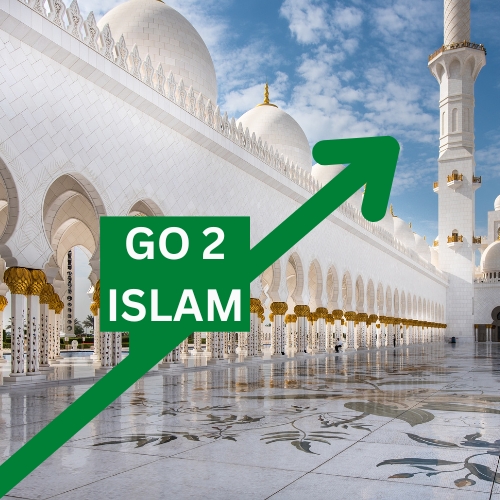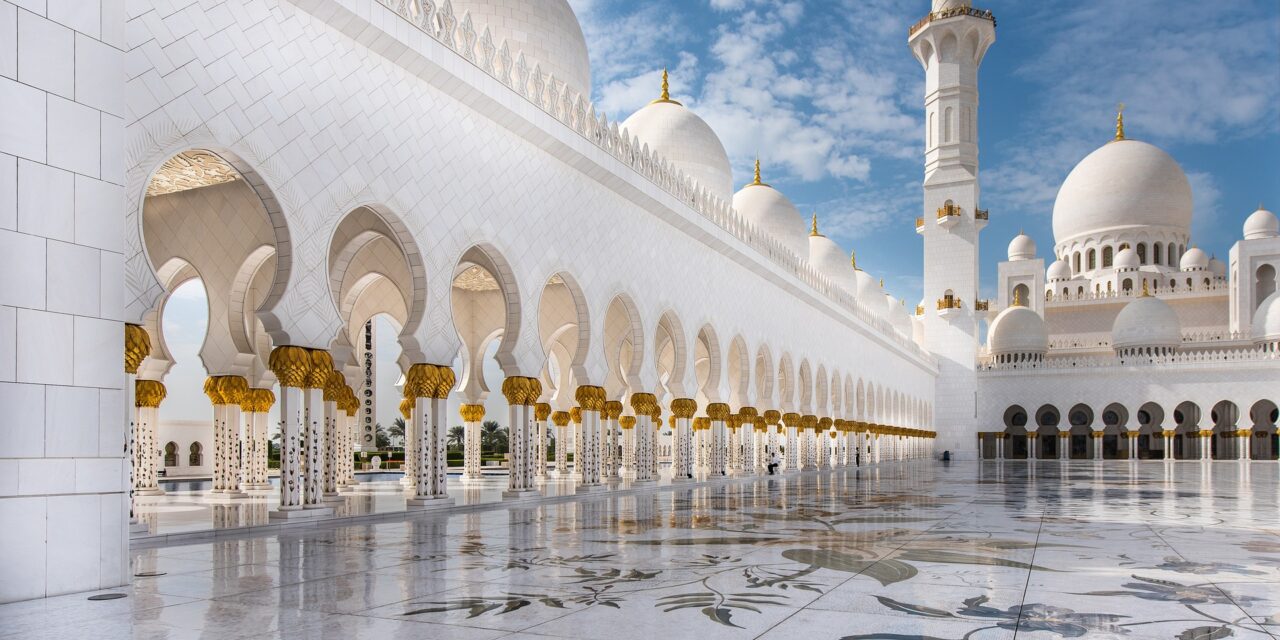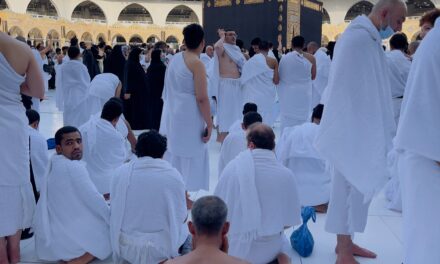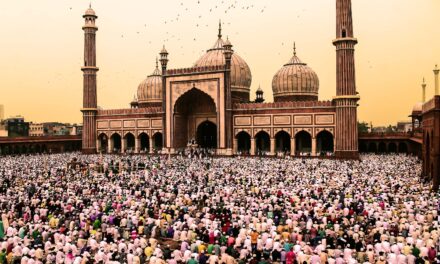The Five Pillars of Islam are the foundation of the Muslim faith. These five practices are considered to be the bare minimum of what it means to be a Muslim, and they serve as a way of expressing one’s devotion to God. The Five Pillars of Islam are: Shahada, Salah, Zakat, Sawm, and Hajj.
Shahada, the declaration of faith, is the first of the Five Pillars. It is the declaration that there is no god but Allah, and that Muhammad is his prophet. This declaration is considered to be the most important aspect of Islam, as it represents a person’s commitment to the faith. It is often recited daily and is a central part of the Islamic identity.
Salah, or prayer, is the second of the Five Pillars. It is performed five times a day, and involves facing Mecca and reciting specific prayers. This practice is a way of connecting with God, and is considered to be one of the most important obligations of a Muslim. The five daily prayers serve as a reminder to stay focused on God and to live a virtuous life.
Zakat, or almsgiving, is the third of the Five Pillars. It is the obligation to give a portion of one’s wealth to those in need. This is considered to be a form of purification, as it helps to cleanse the soul of greed and selfishness. The act of giving to others is also seen as a way of demonstrating one’s devotion to God and the community.
Sawm, or fasting, is the fourth of the Five Pillars. During the month of Ramadan, Muslims are required to fast from dawn until dusk. This practice is seen as a way of purifying the soul, and as a demonstration of one’s commitment to God. Fasting is also considered to be a way of experiencing empathy for those who are less fortunate, and of learning self-discipline and self-control.
Hajj, or pilgrimage to Mecca, is the final and most significant of the Five Pillars. It is the obligation to make a pilgrimage to Mecca at least once in a lifetime, if one is physically and financially able to do so. The Hajj is a time for reflection, devotion, and unity, as Muslims from all over the world gather to perform the same rituals and demonstrate their commitment to God. It is also a time for renewal, as one leaves behind worldly distractions and focuses on one’s relationship with God.
In conclusion, the Five Pillars of Islam serve as a framework for the Muslim faith and are a central part of the Islamic way of life. They provide a sense of structure and purpose, and serve as a way of demonstrating one’s devotion to God. Whether it is through declaring one’s faith, performing daily prayers, giving to those in need, fasting during Ramadan, or making a pilgrimage to Mecca, each of the Five Pillars of Islam is an expression of one’s commitment to the faith and to living a virtuous life.





